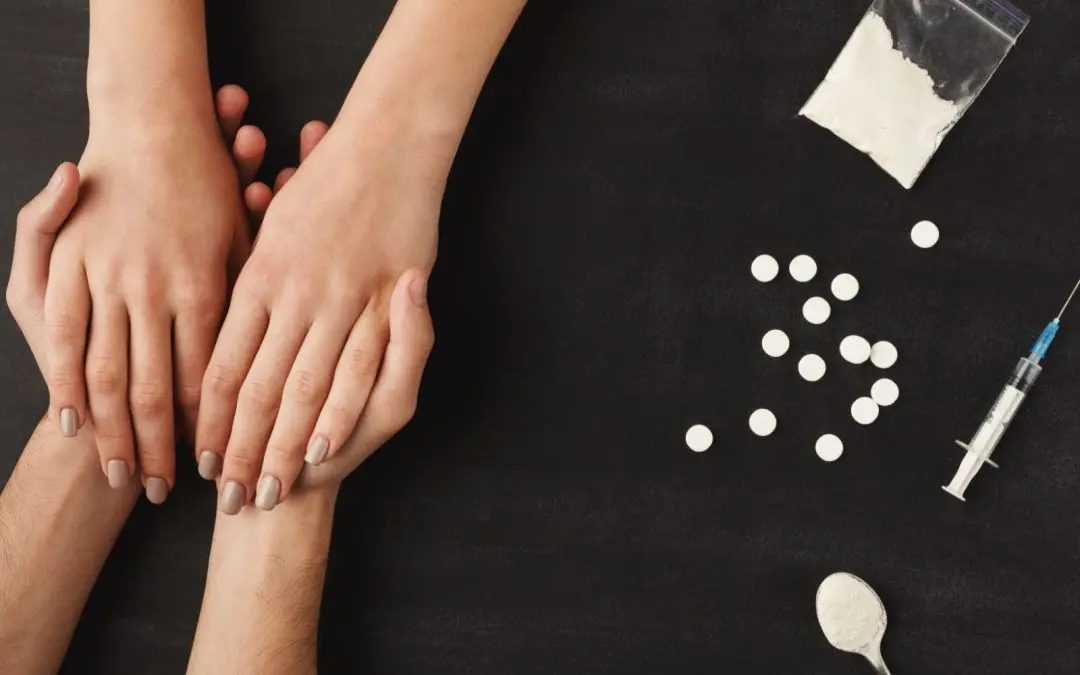24/7 Helpline:
(866) 899-111424/7 Helpline:
(866) 899-1114
Learn more about PTSD Treatment centers in Pettus

Other Insurance Options

Health Partners

United Health Care

GEHA

WellPoint

Kaiser Permanente

WellCare Health Plans

Access to Recovery (ATR) Voucher

MHNNet Behavioral Health

CareSource

Covered California

Humana

ComPsych

Providence

CareFirst

Health Choice

Ceridian
Beacon

BHS | Behavioral Health Systems

Multiplan

Horizon Healthcare Service

























































Council on Alcohol and Drug Abuse – Coastal Bend
Council on Alcohol and Drug Abuse – Coastal Bend is a private rehab located in Beeville, Texas. Coun...


















